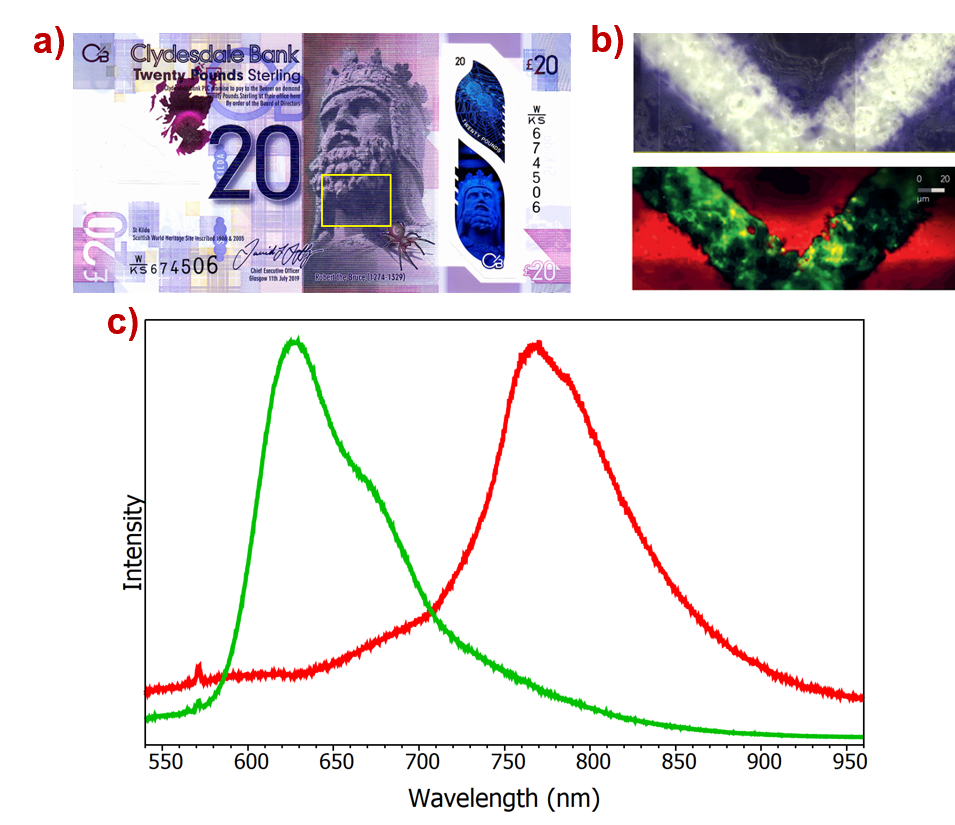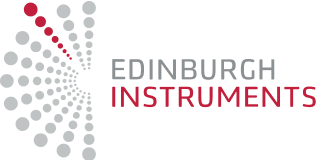Bank Note Analysis with Edinburgh Instruments
Manufacturers of bank notes will use specific and unique dyes which helps to keep authentic bank notes in circulation and aids the identification of forgeries. The dyes will have different photoluminescence (PL) emission, excitation, and lifetimes which can be used for authenticity checks. This blog post briefly details how Edinburgh Instruments RMS1000 Confocal Raman & PL Microscope and FS5 Spectrofluorometer can be used to aid banks in detecting fraudulent bank notes.
Photoluminescence Mapping using the RMS1000
We can utilise PL on our Raman microscopes to investigate bank notes. Using an RMS1000 Raman Microscope equipped with a 532 nm laser at 0.1% power and a 300 gr/mm grating, we looked at a Scottish Bank note to show how PL can distinguish between the two fluorophores in the sample. The low power is used due to the strength of the PL signal in comparison to typical Raman counts observed. A low groove density grating allows for the full PL spectra to be acquired with the 532 nm laser. We can then PL map the sample using the motorised stage in the same way as Raman mapping with Ramacle®.

Figure 1: a) Clydesdale Bank note, b) top – image of area to be mapped, bottom – PL map, c) spectra from the PL map
Figure 1a) shows the sample that was placed under the microscope, a £20 Clydesdale Bank polymer note bearing the portrait of Scottish king Robert the Bruce. An area of his beard, top figure 1b), was chosen for PL mapping. The PL map, bottom figure 1b), is coloured with the two PL contributions, one in green and one in red based on their peak wavelengths. These spectra are shown in Figure 1c) where it is clear to see the two PL contributions have significantly different peak positions. This a rapid way to check the authenticity of a bank note during forensic analysis under a Raman microscope to show the PL is occurring at the expected wavelength.
Spectra and Lifetime Measurements using the FS5
Australian 5-dollar bank notes have an eye catching photoluminescent security label of a bird perched on a branch that emits when excited with UV light (Figure 2a). Using an FS5 Spectrofluorometer we can aquire the spectra and lifetime of the phosphors used in this label can be measured (Figure 2b).

Figure 2: a) Australian $5 Bank note and b) photoluminescent security label under UV excitation.
The bank note was excited at 300 nm using the Xenon lamp of the FS5 and the emission spectra of the red and green regions measured as shown in Figure 3a) and 3b) respectively. The signature peaks and line shape of the emission from the two phosphors can be used to confirm authenticity.

Figure 3: Photoluminescence emission spectrum of the a) red emitting region and b) green emitting region. λex = 300 nm.
Another signature feature of phosphors is their radiative lifetimes. Using the Xenon flashlamp of the FS5, the phosphorescence decay of both phosphors was measured and shown in Figure 4a) and 4b). Both decays have an initial fast component due to fluorescence followed by a longer tail which is the phosphorescence emission. The tail regions of both decays were fit using the Fluoracle software of the FS5 to reveal a lifetime of 830 µs for the red phosphor and 2.1 ms for the green. This provides a second signature mark of the phosphor identity and authenticity.

Figure 4: Photoluminescence lifetime of a) the red emitting region measured using MCS mode with the microsecond flashlamp, λex = 300 nm, λem = 621 nm, and b) the green emitting region measured using MCS mode with the microsecond flashlamp, λex = 300 nm, λem = 550 nm.
Conclusion
PL measurements provide distinguishing spectral and lifetime information for the different security tags used on bank notes, making it ideally suited for authenticity analysis. Our range of spectrofluorometers and Raman microscopes can be configured to easily investigate potential forgeries, as well as aid in development of new bank notes by providing ID profiles of new security tags.
Discover Edinburgh Instruments Spectrometers
If you want to know how our FS5 Spectrofluorometer or RMS1000 Raman Microscope can help with your security and fraud applications please contact us, a member of our sales team will be happy to discuss our range of instruments.









